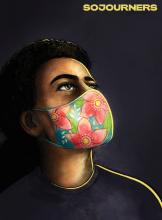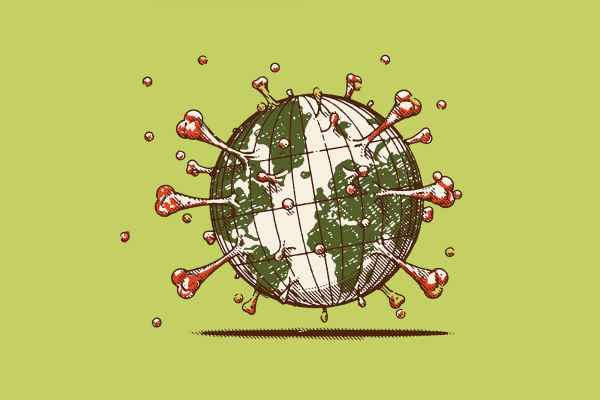WE DON'T KNOW the full extent of the coronavirus pandemic. We know of the many who have died as a direct result of infection. We know that whole countries have turned on a dime to shield themselves from the shadow of death as it passes over. We don’t know where it will lead.
In the wake of Hurricane Katrina, Rebecca Solnit wrote, “Horrible in itself, disaster is sometimes a door back into paradise, that paradise at least in which we are who we hope to be, do the work we desire, and are each our sister’s and brother’s keeper.” Solnit reminds us that disasters and plagues sometimes signal liberation.
COVID-19 has forced the human community into mourning. In our retreat from the work-a-day world, it has imposed a global sabbath and Jubilee. Staring into this “cruel scourge,” as John of Ephesus described the Justinian plague in the year 545 C.E., can we also see that another world is possible?
The Jubilee legislation found in Leviticus 25 lays out a vision for “social and economic reform unsurpassed in the ancient Near East,” according to Robert K. Gnuse. The Jubilee laws declared that Yahweh was the rightful owner of all the earth, and therefore all Israelites—rich and poor—have an equal right to its abundance, within limits. In an economic system based on land and its produce, this was a radical transformation. The legislation undercut wealth disparities by preventing land speculation and by mandating debt forgiveness and interest-free loans. Finally, it ordered the release of the enslaved and those in debtors’ prison.
Read the Full Article

